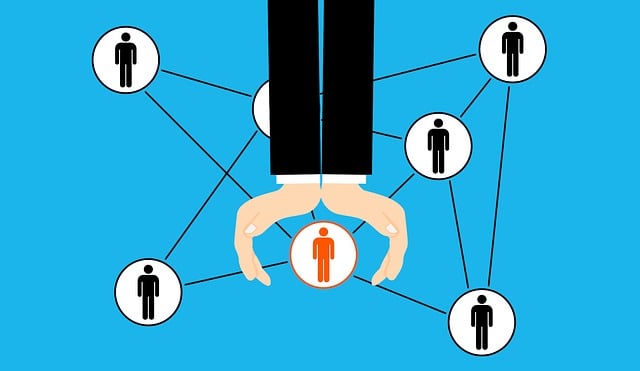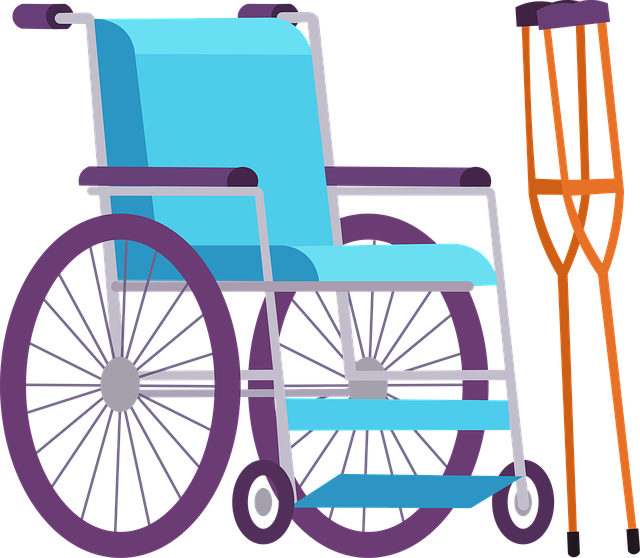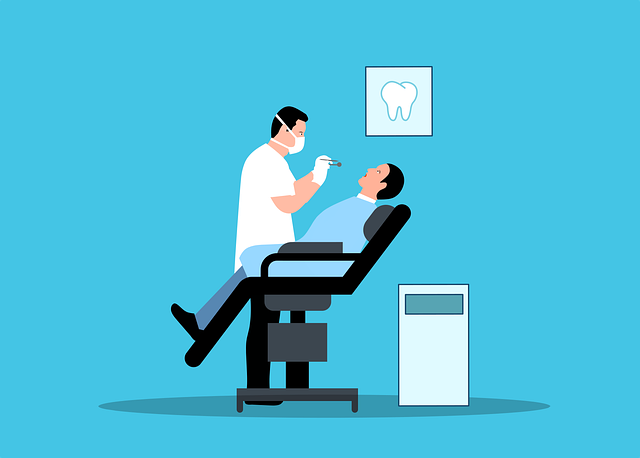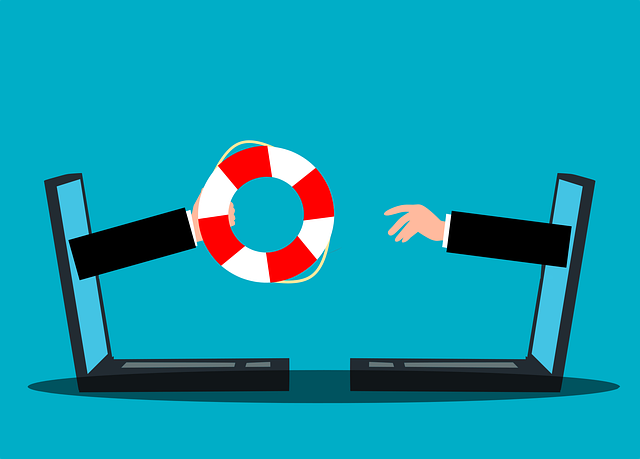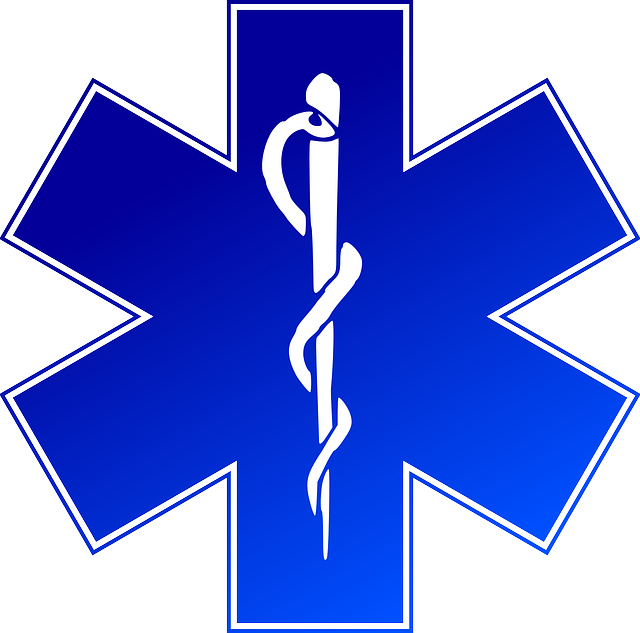Medical Aid and Health Insurance are distinct healthcare options in South Africa. Medical Aid, a private scheme, offers comprehensive coverage with fixed rates within a provider network, while Health Insurance provides flexible, needs-based coverage for various expenses. Individuals should consider their personal circumstances, including budget, healthcare needs, and preference for pre/post-service reimbursement, to choose the plan that best suits them. Understanding these differences is key to optimizing healthcare choices in South Africa.
Navigating the healthcare landscape in South Africa can be complex, especially when understanding your options between medical aid and health insurance. This comprehensive guide aims to demystify these essential components of personal financial planning. We’ll explore key differences between medical aid and health insurance, dissect various scheme types, and provide insights into policy selection, claims management, and more, empowering you to make informed decisions regarding your healthcare security.
- What is Medical Aid and Health Insurance?
- Key Differences Between Medical Aid and Health Insurance
- Types of Medical Aid Schemes in South Africa
- Understanding Health Insurance Policies
- Choosing the Right Option for Your Needs
- Management and Claims Process: How They Work
What is Medical Aid and Health Insurance?

Medical Aid and Health Insurance are both essential components in ensuring access to quality healthcare in South Africa, but they serve distinct purposes and offer different benefits. Medical Aid is a type of private insurance scheme designed to cover the cost of medical treatment for its members. It provides a range of services, including hospital stays, doctor visits, medication, and certain preventive care measures. Members typically pay monthly premiums to maintain their coverage.
Health Insurance, on the other hand, is a public system funded by contributions from all South Africans. It aims to provide universal access to healthcare services for all citizens. Unlike Medical Aid, Health Insurance does not offer the same level of choice in terms of service providers and coverage options. However, it guarantees that everyone has access to basic medical care when they need it. Understanding the differences between Medical Aid and Health Insurance is crucial when navigating your healthcare options in South Africa.
Key Differences Between Medical Aid and Health Insurance

In South Africa, understanding the distinction between medical aid and health insurance is crucial for navigating one’s healthcare options effectively. While both serve as financial safety nets for medical expenses, they function differently. Medical aid is a scheme typically offered by employers or purchased privately, where members contribute to a pool of funds that cover a predefined set of medical services within a specific network of healthcare providers. This usually involves regular monthly premiums and co-payments for certain treatments.
Health insurance, on the other hand, is more flexible and often caters to specific needs. It provides coverage for various health-related expenses, including doctor consultations, hospital stays, and prescribed medications. Unlike medical aid, health insurance policies can be chosen based on individual preferences and budgets, offering a broader range of options. When considering Medical Aid Vs Health Insurance, the choice depends on one’s circumstances; medical aid may offer more comprehensive coverage for specific conditions, while health insurance provides greater adaptability and accessibility to suit diverse healthcare requirements.
Types of Medical Aid Schemes in South Africa
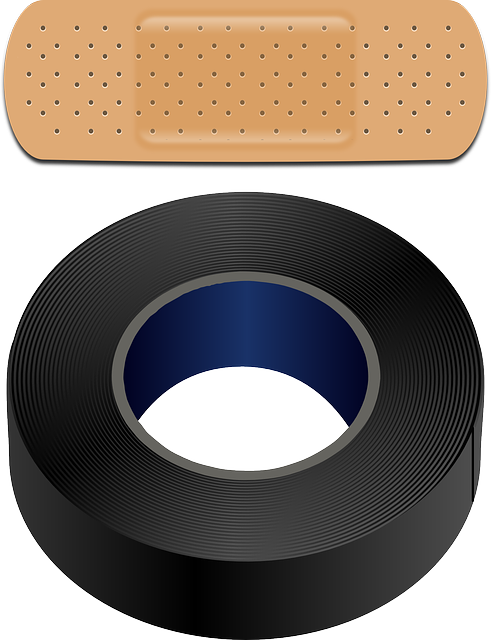
In South Africa, individuals have several options when it comes to managing their healthcare expenses through either Medical Aid or Health Insurance. While both are designed to cover medical costs, they function differently. Medical Aid is a private scheme, often offered by employers, which provides members with access to a network of hospitals and doctors for reduced rates. It’s a contribution-based system where individuals pay monthly premiums to maintain their coverage. On the other hand, Health Insurance is typically purchased independently from insurance companies and covers out-of-pocket expenses like consultations and treatments not covered by Medical Aid. It offers flexibility in choosing healthcare providers but may involve higher deductibles and co-pays.
Understanding the distinction between Medical Aid and Health Insurance is crucial when selecting a plan that aligns with personal needs. Medical Aid often includes more comprehensive coverage for routine and critical care, while Health Insurance fills gaps in coverage left by Medical Aid schemes. Choosing the right option can significantly impact healthcare accessibility and affordability in South Africa.
Understanding Health Insurance Policies

In South Africa, understanding the distinction between medical aid and health insurance is crucial for making informed decisions about your healthcare coverage. While both concepts are related to managing healthcare costs, they serve different purposes. Medical aid refers to a scheme where members contribute financially to cover their medical expenses within a defined network of service providers. It often includes hospitalisation, specialist consultations, and certain preventive care services. On the other hand, health insurance is a type of policy that provides financial protection against unforeseen medical expenses, including hospitalization, doctor visits, and prescription medications.
When comparing medical aid vs health insurance, it’s essential to note that medical aid tends to be more comprehensive for specific healthcare needs, often with lower out-of-pocket expenses for members. Health insurance, however, offers flexibility as policies can be tailored to individual requirements and budgets, providing coverage for a range of medical events, both planned and unexpected. Understanding these options is the first step in navigating the South African healthcare system effectively.
Choosing the Right Option for Your Needs

Management and Claims Process: How They Work

Understanding the management and claims process is crucial when differentiating between medical aid and health insurance in South Africa. Both options offer financial protection for healthcare expenses, but their mechanisms differ significantly. Medical aid schemes typically involve a structured network of hospitals, specialists, and service providers. Members access these services through their chosen plan’s provider network, with pre-approved rates ensuring cost predictability. When a member utilises a covered service, the medical aid scheme processes the claim on their behalf, often with direct settlements to the healthcare provider.
In contrast, health insurance policies operate more flexibly. They offer policyholders peace of mind by covering a wide range of medical expenses, but claims processing may involve more steps. Policyholders typically receive treatment and then submit claims directly to their insurance company. The insurer assesses the claim, verifies its validity, and approves or rejects it accordingly. Reimbursements are then made to the policyholder, who can choose any healthcare provider within or outside the network, depending on their plan’s terms. This process highlights the key distinction between medical aid and health insurance: while medical aid focuses on pre-negotiated networks and rates, health insurance offers broader flexibility in service selection and claims handling.
Understanding the nuances between medical aid and health insurance is crucial when navigating South Africa’s healthcare system. This comprehensive guide has illuminated the key differences, various scheme types, and important considerations for choosing the right option tailored to your unique needs. By familiarizing yourself with these concepts, you’ll be better equipped to make informed decisions regarding your healthcare coverage, ensuring peace of mind and access to quality care when it matters most. Remember, whether you opt for medical aid or health insurance, knowing your options is half the battle won in managing your health effectively.


